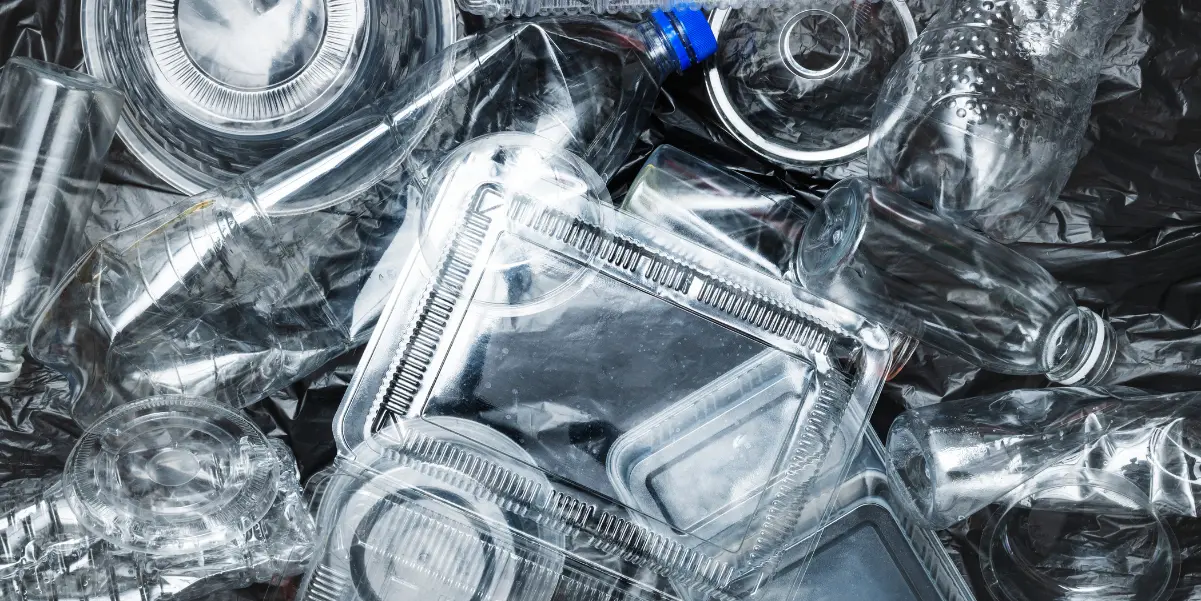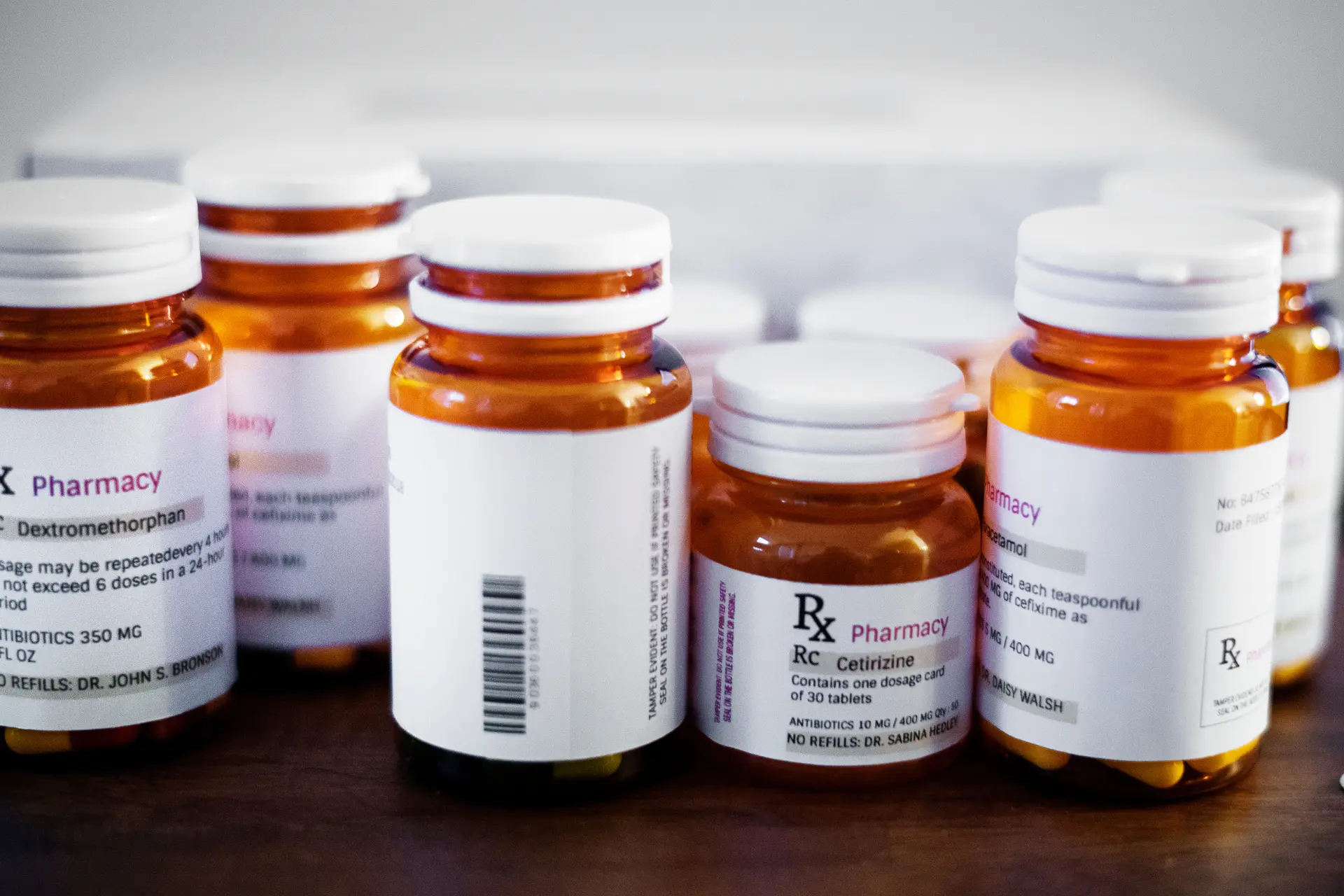Introduction
The Plastic Packaging Tax (PPT) is a UK government initiative introduced on 1 April 2022. It targets manufacturers and importers of plastic packaging that does not contain at least 30% recycled plastic. The aim is to encourage more sustainable practices and reduce the environmental impact of plastic waste.
PPT forms part of the UK’s broader strategy to foster a circular economy. With mounting pressure on landfills and oceans due to plastic pollution, this tax incentivises businesses to rethink their packaging materials. By financially penalising the use of virgin plastic, it promotes recycling and responsible production.
If your business manufactures or imports 10 tonnes or more of plastic packaging within any 12-month period, you’re likely required to register. This includes both consumer-facing and industrial-use packaging. This is our step-by-step guide on how to register for plastic packaging tax.
Understanding the Scope of the Tax
Plastic packaging refers to any packaging where plastic is the heaviest material by weight. This encompasses a wide range of items—bottles, trays, wrappers, and containers—whether they’re intended for one-time use or multiple uses.
To be exempt from PPT, plastic packaging must contain at least 30% recycled content. Qualifying recycled plastic includes post-consumer materials, industrial offcuts, or reprocessed materials, provided they meet necessary health and safety standards.
There are also outright exemptions. These include packaging used for licensed human medicines, items reserved for long-term non-packaging use, and transport packaging for imported goods. These exemptions are designed to protect essential services and avoid duplicate taxation.
Both manufacturers and importers in the UK share liability. If you import packaged goods, the responsibility may rest with your business, even if you didn’t produce the packaging. It is critical to understand at which point your business becomes the “first liable user.”
Do You Need to Register For Plastic Packaging Tax?
The key registration trigger is the 10-tonne threshold. If your business manufactures or imports that amount over a 12-month period, even if some of it is recycled or exempt, you still need to register.
To assess this, keep accurate, up-to-date records detailing the weight and type of all plastic packaging handled. This includes data on materials used, recycled content, and exemption status. Periodic reviews ensure that your business remains compliant.
Examples of liable businesses include:
- Food and beverage companies using plastic bottles and trays
- E-commerce sellers using bubble wrap and mailing bags
- Importers of pre-packaged consumer goods
Even if you’re a small business, you should calculate your volumes. Falling just below the threshold doesn’t absolve you from keeping records. HMRC may request evidence that your business remains under the limit.
When Should You Register?
Timing is crucial. You must register within 30 days of becoming liable—either when your 30-day forecasted total exceeds 10 tonnes, or when your trailing 12-month total crosses the threshold.
Delaying registration can result in financial penalties, interest on unpaid tax, and increased scrutiny from HMRC. Late compliance may also damage relationships with clients who require proof of sustainable practices.
Planning ahead and monitoring packaging volumes monthly can help you anticipate liability and avoid last-minute scrambles.
How to Register For Plastic Packaging Tax: Step-by-Step
- Create or log in to your Government Gateway account – Navigate to www.gov.uk, then sign in or set up a Government Gateway ID.
- Access the Plastic Packaging Tax service – Locate the dedicated PPT service under business tax tools.
- Provide business details – This includes your company name, Companies House number, registered address, and key contact information.
- Declare packaging data – Report the total weight of plastic packaging, specifying how much is recycled or exempt.
- Submit your registration – Confirm and submit the form. HMRC will send a confirmation email and assign a PPT registration reference.
Information Needed to Register
To complete registration efficiently, have the following information ready:
- Company registration and VAT numbers
- Names and contact information of responsible persons
- Historical and forecasted packaging data
- Supplier documentation proving recycled content
Proper documentation not only supports your registration but also safeguards against HMRC inquiries.
Common Challenges
Many businesses encounter obstacles such as:
- Incomplete data collection – Without centralised systems, tracking packaging data is difficult. Invest in digital tracking tools or software.
- Misclassification – Not all plastic packaging is taxable, but misjudging types can result in errors. Review HMRC definitions regularly.
- Overlooking exemptions – Don’t pay more than you need to. Understand the criteria for medical and transport exemptions and document them thoroughly.
- Technical difficulties – HMRC’s portal may occasionally have issues. In such cases, retain screenshots, error messages, and contact HMRC support immediately.
After Registration
Once registered, your business must submit returns and make tax payments quarterly. Each return requires full disclosure of:
- Total plastic packaging handled
- Recycled content
- Exempt categories
- Total tax owed
Returns are made via your HMRC online account. Payments are submitted through HMRC’s secure payment gateway. Late submissions incur penalties and interest.
Businesses must also maintain complete records for six years. These should include supplier invoices, product specs, and internal packaging logs. Ensure backups exist in both digital and hard-copy formats.
Notify HMRC if significant changes occur in your business operations, such as a shift in packaging volumes or contact details.
Staying Compliant
Long-term compliance depends on systems, training, and foresight:
- Implement tracking systems – Use spreadsheets or digital platforms to monitor daily packaging use.
- Automate reminders – Set calendar alerts or use compliance software to track return deadlines.
- Educate your team – Everyone from procurement to sales should understand how PPT affects their roles.
- Engage experts – Tax advisors or environmental consultants can help you stay current and reduce tax exposure.
Proactive compliance not only avoids penalties but can serve as a marketing advantage when promoting your business’s sustainability.
Deregistering
You can deregister if your packaging volume falls below 10 tonnes in the past 12 months. The steps are:
- Log in to your HMRC account
- Select the PPT service
- Submit a deregistration form with supporting details
- Await confirmation
Post-deregistration, retain all records for six years. HMRC may audit these files to verify your business’s exempt status.
How 4Pack Can Help with Packaging Data Management
Managing packaging data is one of the most critical elements of complying with the Plastic Packaging Tax. That’s where 4Pack comes in. Our advanced Packaging Data Management solution gives businesses full control over their packaging information, ensuring accuracy, compliance, and strategic oversight.
4Pack centralises and connects all packaging-related data—covering product details, packaging components, artwork, labelling, and sustainability metrics—into one powerful and accessible platform. Unlike traditional ERP systems, 4Pack is purpose-built to meet the demands of modern packaging compliance, including Plastic Packaging Tax reporting.
Our solution helps businesses:
- Maintain accurate, real-time packaging data for tax calculations
- Support internal collaboration and cross-supply chain transparency
- Simplify reporting across different markets and regulatory frameworks
- Generate insights to drive packaging optimisation and innovation
At its core, Packaging Data Management involves strategic data collection, analysis, and utilisation throughout the entire packaging lifecycle. 4Pack empowers companies to reduce environmental impact, enhance ESG reporting, and make informed decisions that align with both compliance needs and sustainability goals.
If you’re looking for a streamlined way to manage your packaging data and meet evolving regulations like the PPT, 4Pack is your ideal partner.
Summary: How To Register For Plastic Packaging Tax
Registering for the Plastic Packaging Tax is not just a legal obligation—it’s a step towards environmental responsibility. If your business meets or is nearing the 10-tonne threshold, act promptly.
By understanding the rules, keeping accurate records, and seeking expert help where needed, your business can stay compliant and contribute positively to sustainability goals. The process is manageable—and well worth the effort.



